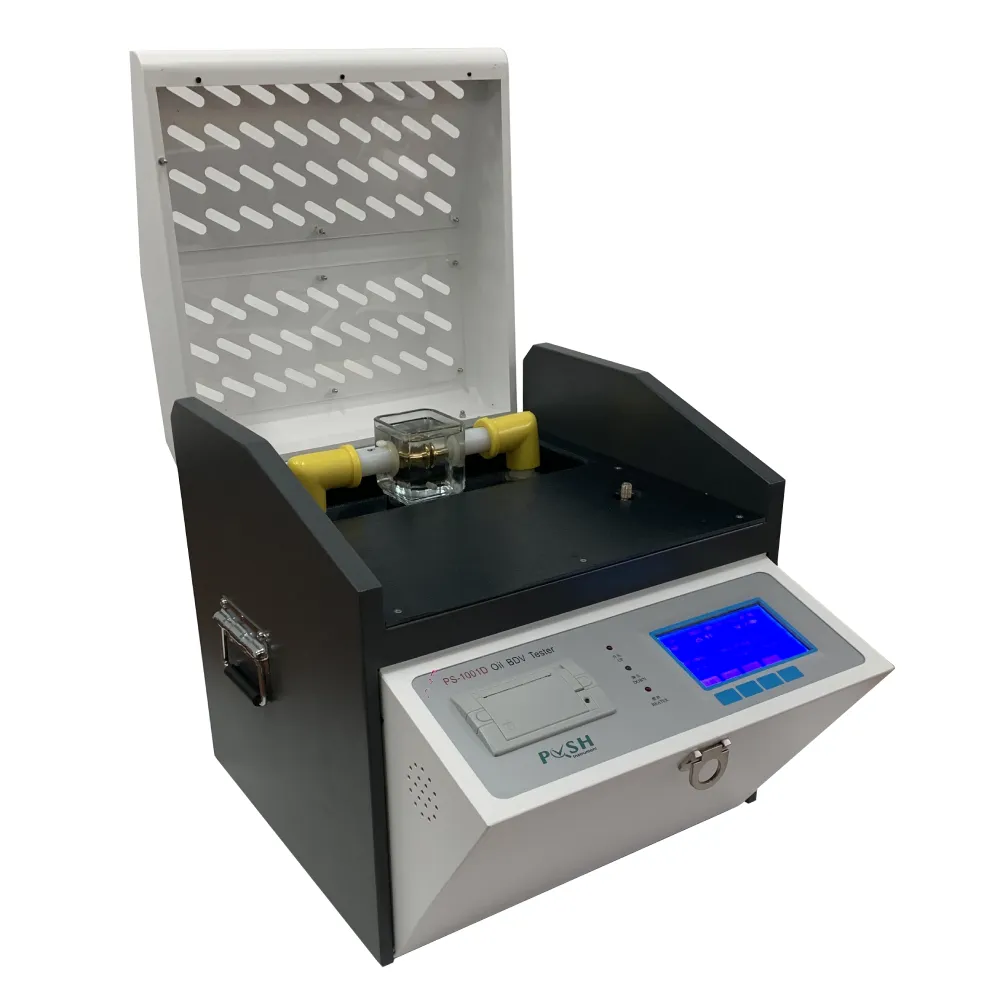 English
English



-
 Afrikaans
Afrikaans -
 Albanian
Albanian -
 Amharic
Amharic -
 Arabic
Arabic -
 Armenian
Armenian -
 Azerbaijani
Azerbaijani -
 Basque
Basque -
 Belarusian
Belarusian -
 Bengali
Bengali -
 Bosnian
Bosnian -
 Bulgarian
Bulgarian -
 Catalan
Catalan -
 Cebuano
Cebuano -
 China
China -
 China (Taiwan)
China (Taiwan) -
 Corsican
Corsican -
 Croatian
Croatian -
 Czech
Czech -
 Danish
Danish -
 Dutch
Dutch -
 English
English -
 Esperanto
Esperanto -
 Estonian
Estonian -
 Finnish
Finnish -
 French
French -
 Frisian
Frisian -
 Galician
Galician -
 Georgian
Georgian -
 German
German -
 Greek
Greek -
 Gujarati
Gujarati -
 Haitian Creole
Haitian Creole -
 hausa
hausa -
 hawaiian
hawaiian -
 Hebrew
Hebrew -
 Hindi
Hindi -
 Miao
Miao -
 Hungarian
Hungarian -
 Icelandic
Icelandic -
 igbo
igbo -
 Indonesian
Indonesian -
 irish
irish -
 Italian
Italian -
 Japanese
Japanese -
 Javanese
Javanese -
 Kannada
Kannada -
 kazakh
kazakh -
 Khmer
Khmer -
 Rwandese
Rwandese -
 Korean
Korean -
 Kurdish
Kurdish -
 Kyrgyz
Kyrgyz -
 Lao
Lao -
 Latin
Latin -
 Latvian
Latvian -
 Lithuanian
Lithuanian -
 Luxembourgish
Luxembourgish -
 Macedonian
Macedonian -
 Malgashi
Malgashi -
 Malay
Malay -
 Malayalam
Malayalam -
 Maltese
Maltese -
 Maori
Maori -
 Marathi
Marathi -
 Mongolian
Mongolian -
 Myanmar
Myanmar -
 Nepali
Nepali -
 Norwegian
Norwegian -
 Norwegian
Norwegian -
 Occitan
Occitan -
 Pashto
Pashto -
 Persian
Persian -
 Polish
Polish -
 Portuguese
Portuguese -
 Punjabi
Punjabi -
 Romanian
Romanian -
 Russian
Russian -
 Samoan
Samoan -
 Scottish Gaelic
Scottish Gaelic -
 Serbian
Serbian -
 Sesotho
Sesotho -
 Shona
Shona -
 Sindhi
Sindhi -
 Sinhala
Sinhala -
 Slovak
Slovak -
 Slovenian
Slovenian -
 Somali
Somali -
 Spanish
Spanish -
 Sundanese
Sundanese -
 Swahili
Swahili -
 Swedish
Swedish -
 Tagalog
Tagalog -
 Tajik
Tajik -
 Tamil
Tamil -
 Tatar
Tatar -
 Telugu
Telugu -
 Thai
Thai -
 Turkish
Turkish -
 Turkmen
Turkmen -
 Ukrainian
Ukrainian -
 Urdu
Urdu -
 Uighur
Uighur -
 Uzbek
Uzbek -
 Vietnamese
Vietnamese -
 Welsh
Welsh -
 Bantu
Bantu -
 Yiddish
Yiddish -
 Yoruba
Yoruba -
 Zulu
Zulu
Enhancing Power Quality Through Advanced Monitoring Systems for Optimal Performance
Power Quality Monitoring System Ensuring Stability and Reliability
In today's technologically driven world, the reliability and quality of electrical power have become essential for both industrial and residential applications. The uninterrupted functioning of various devices and systems is heavily reliant on stable power supply conditions. This is where power quality monitoring systems (PQMS) come into play, serving as vital tools for measuring, analyzing, and ensuring the electrical quality that supports modern infrastructures.
Power quality involves parameters such as voltage, current, frequency, and harmonic distortions that influence the efficiency and performance of electrical equipment. Poor power quality can lead to significant issues, including equipment malfunction, reduced efficiency, and even excessive energy costs. Therefore, it's crucial to monitor these parameters continuously to prevent potential problems and ensure a smooth operation.
Components of Power Quality Monitoring Systems
A typical power quality monitoring system consists of several key components. Firstly, there are sensors and transducers responsible for capturing electrical parameters and converting them into measurable data. These sensors measure various metrics including voltage dips, swells, flickers, and transient events, allowing for comprehensive analysis.
Another significant component is the data acquisition system, which collects the information from the sensors and digitizes it for further analysis. This data is then processed using sophisticated software capable of performing real-time analysis, historical data comparison, and generating detailed reports.
Finally, power quality monitoring systems include user interfaces that allow operators to interact with the system. This may involve the use of dashboards and visualizations, facilitating easy interpretation of data for both technical personnel and management stakeholders.
Importance of Power Quality Monitoring
power quality monitoring system

The importance of power quality monitoring cannot be overstated. For industrial facilities, maintaining power quality is crucial for minimizing downtime and preventing equipment malfunction. Machines that rely on precise electrical operations, such as motors and variable frequency drives, can be particularly sensitive to variances in power quality. Continuous monitoring allows for immediate identification of issues such as voltage fluctuations or harmonic distortions, leading to proactive maintenance and mitigation efforts.
In residential settings, especially with the rise of smart homes filled with electronic devices, power quality monitoring can help identify irregularities that may affect everyday life. Homeowners can receive alerts regarding potential power issues, enhancing energy management and providing insights into energy consumption patterns.
Regulatory Standards and Compliance
Power quality does not just impact operational efficiency; it is also subject to regulatory standards. Various organizations, such as the Institute of Electrical and Electronics Engineers (IEEE) and the International Electrotechnical Commission (IEC), have established guidelines for acceptable power quality levels. Compliance with these standards is necessary not only for operational integrity but also for legal adherence, especially for businesses.
Future Trends in Power Quality Monitoring
As technology continues to evolve, so too do power quality monitoring systems. The integration of advanced technologies such as IoT (Internet of Things), artificial intelligence (AI), and big data analytics is likely to revolutionize how we monitor and manage power quality. IoT devices can enable remote monitoring, while AI can enhance predictive maintenance strategies, minimizing human intervention and fostering more efficient operations.
In conclusion, power quality monitoring systems are indispensable in today’s energy-dependent environment. By facilitating the continuous assessment of electrical parameters, these systems help ensure the stability and reliability of both industrial and residential power supply. As we move toward a more connected and automated future, the role of advanced power quality monitoring systems will only become more critical. The continuous commitment to improving power quality will not only optimize performance but also contribute significantly to energy efficiency and sustainability goals.
-
Testing Equipment Industry Sees Major Advancements in 2025: Smart & Precision Technologies Lead the WayNewsJun.06,2025
-
Applications of Direct Current Generators in Renewable Energy SystemsNewsJun.05,2025
-
Hipot Tester Calibration and Accuracy GuidelinesNewsJun.05,2025
-
Digital Circuit Breaker Analyzer Features and BenefitsNewsJun.05,2025
-
Benefits of Real-Time Power Quality Monitoring Devices for Industrial EfficiencyNewsJun.05,2025
-
Earth Fault Loop Testing in High-Rise Building Electrical SystemsNewsJun.05,2025



